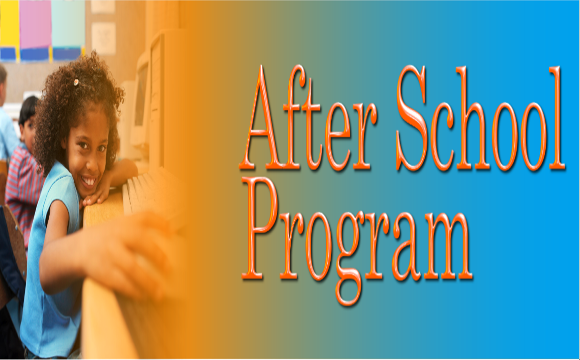Is it time for more afterschool and summer learning programs?

Home Alone is the 1990 family comedy film of an eight-year old boy (Kevin McCallister played by Macaulay Culkin) who was mistakenly left behind in the home as his parents rushed to the airport to make their flight to Paris for a Christmas vacation. While unsupervised, Kevin engaged in inappropriate behavior such as watching a gangster movie, eating excessive junk food and shooting his brother’s BB gun. To add to the comedy, Kevin outwits and defends himself from two burglars trying to rob his home.
Being left at home is nothing new for many children who are the products of working parents. It is estimated that 15.1 million children in the U.S. are left home alone and unsupervised. So the critical questions to be asked are: Is it time for more afterschool and summer learning programs? What services do afterschool and summer learning programs provide to African-American and Latino communities? What is the 21st Century Community Learning Centers Federal Afterschool Initiative?
Communities nationwide are cutting programs at parks and recreational facilities. Our youth and particularly, disadvantaged children, are faced with unmet needs in their homes and communities. Recent data from the Afterschool Alliance, a nonprofit public awareness advocacy organization working to ensure that all children and youth have access to quality afterschool programs, notes that “afterschool and summer learning programs are valuable vehicles to help address elevated rates of poverty, homelessness, unemployment and food insecurity in African-American and Latino communities.” These programs serve as a means to complement educational activities offered during the school day rather than reproduce them.
It is estimated that 8.4 million children participate in afterschool programs. Specifically, afterschool and summer learning programs provide services to the African-American and Latino communities by: (1) ensuring children have access to academically enriching activities, helping close the opportunity gap between higher-income and lower-income families; (2) tackling the achievement gap among White, African-American and Latino students by increasing attendance, homework completion and engagement in school, and ultimately raising graduation rates and test scores; (3) combating food insecurity among children by providing nutritious snacks and meals, which are especially important during the summer months when schools are out of session and (4) providing working parents with the peace of mind that comes from knowing that their children are in a safe and supervised space during the out-of-school hours, according to the Afterschool Alliance.
Afterschool Alliance Executive Director Jodi Grant said, “Afterschool and summer learning programs play a vital role in supporting youth and families in underserved and struggling communities. But the unmet demand for afterschool and summer programs in minority communities is a huge barrier to progress. We need to expand funding so that all children can have access to the high-quality afterschool and summer learning programs that keep kids safe, inspire students to learn and help working families.”
While there are a variety of afterschool programs such as YMCA, Boys and Girls Clubs, the 21st Century Community Learning Centers ((21st CCLC) is the only federal funding source earmarked exclusively to afterschool programs. As a component of the No Child Left Behind Act in 2002, state education agencies receive funding from the U.S. Department of Education based on its share of Title I appropriation for low-income students. These grants also support afterschool programs by offering academic enrichment activities and services to reinforce and complement the regular academic program. Since its inception, more than 4,000 grants have been funded for approximately 1.6 million children and youth in 10,000 school and community-based centers throughout the country. The funding for 21st CCLC is 1.54 billion. If your state education agency is not participating in the afterschool program or you desire to learn additional information about this initiative, please go to the Afterschool Alliance website: http://www.afterschoolalliance.org/policyNCLB.cfm.
Dr. Ronald Holmes is the author of three books, “Education Questions to be Answered,” “Current Issues and Answers in Education” and “How to Eradicate Hazing.” He is publisher of “The Holmes Education Post,” an education focused Internet newspaper. Holmes is the national superintendent of education for the National Save the Family Now Movement, Inc., a former teacher, school administrator and district superintendent. He can be reached at [email protected].

